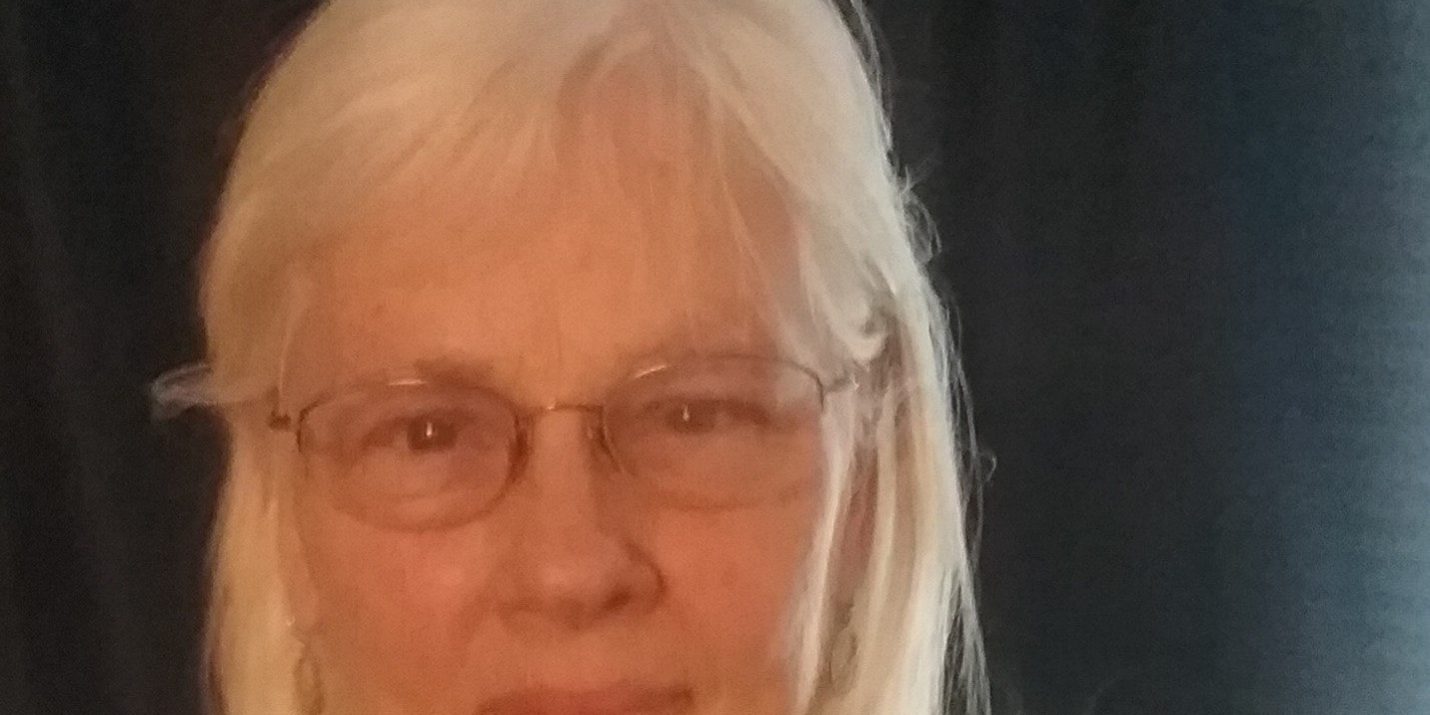Here is Local 20/20’s regular Resilience Review column in the Port Townsend Leader, published 7/15/20. Thank you PT Leader!
A Helpful Approach to Communication in These Difficult Times
By Suzanne Jones
“It is impossible to overemphasize the immense need humans have to be really listened to, to be taken seriously, to be understood.” Dr. Paul Tournier, the eminent Swiss psychiatrist and author.
In a recent article by a colleague of mine, it was suggested that the most compassionate thing we can do, especially in times like the ones we are going through now, is to listen.
We tend to think of communication as saying what is on our minds, talking. Of course, there is the other side to this, which is the other person saying what is on their mind. So often, rather than listening to one another, we are formulating our next response or contribution to the communication. My colleague, jokingly, called listening a “radical” approach to communication, using the term “radical” because she knows how valuable listening is and also knows how difficult it can often be to listen to others’ concerns, fears, and opinions when we are stressed.
Part of why it is difficult to listen to others is that our own need to be heard might not be met. In difficult times, we tend to repress a lot of our fear and confusion, and it really feels good to speak about it with someone. Since that is true for most of us, this other side, the listening, is how we can support each other in being heard.
How then can we listen more deeply? How can we listen to others given our own need to be heard? Firstly, we can listen to ourselves. This is called self-empathy. We can ask ourselves, “What am I feeling right now? What am I needing right now?” Knowing what we are feeling and needing goes a long way towards relieving tension and becoming more centered. This self-empathy often helps us know what to ask for; and what to answer if someone asks us these questions.
By empathizing with ourselves, we are more likely to be able to hear someone else, even if their needs are quite different from ours. As they share, we can ask ourselves, “What is this person feeling? Scared? Disappointed? Frustrated? What might this person be needing, from me or others? Support? Consideration? Some expression, perhaps, that I care about them?”
When a person tells us what they need, an effective next step would be to feed back to that person what we heard them say – rather than jumping in with advice or our own opinions. This may sound simplistic, but I have found this to be one of the most powerful things I can do that leads to making a genuine connection with another person. And, once they know they have been truly heard, they are often far more able to hear my feelings, needs, and opinions. Give it a try.
Suzanne Jones is a co-director of Local 2020’s Resiliency of Heart Action Group. She teaches Nonviolent (Compassionate) Communication to individuals, groups, co-workers, and organizations.








